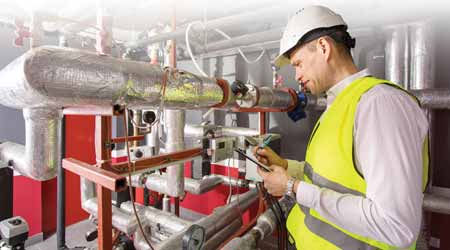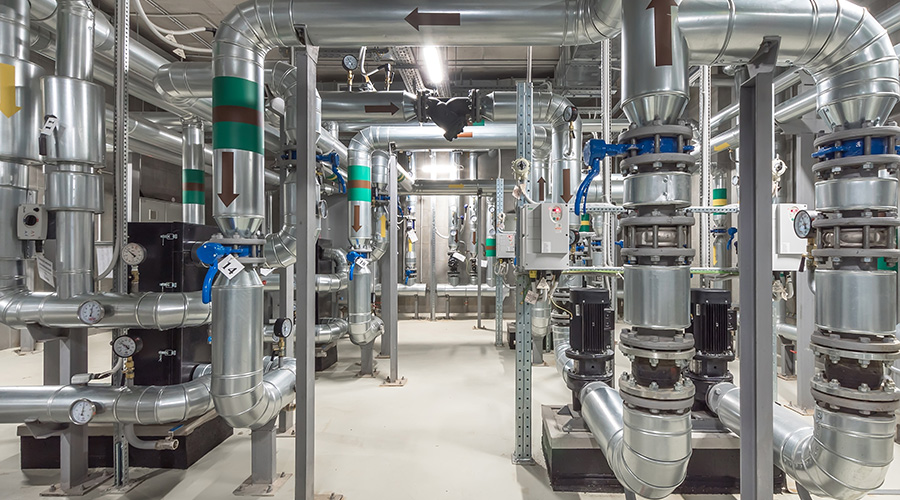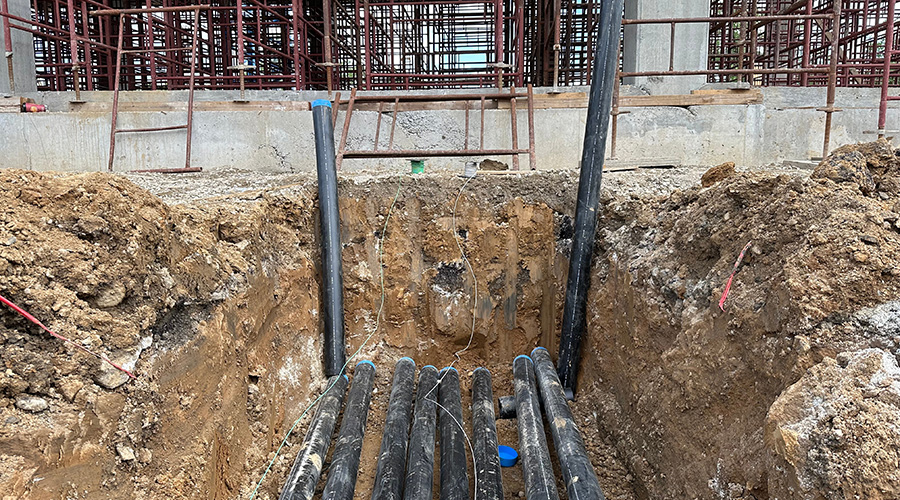Understanding Building-Wide Heating Needs
Managers with facilities that have central heating systems need to consider more than just temporary heating solutions.
All of the above temporary heating options are suitable for heating limited areas within a building, and multiple units can serve larger areas. But if a building has a central heating system with a central boiler, these temporary heating units at best can keep critical areas from freezing. Even then, it might be necessary to drain down water systems to prevent damage from frozen pipes.
Managers faced with the loss of a central boiler during the heating season might consider renting a temporary boiler until the existing unit can be repaired or replaced. These units are available in a range of capacities and configurations to match building heat requirements. If needed, they can feature all required auxiliary equipment, including pumps and water softeners. Most rental boilers can burn natural gas or fuel oil.
Installing a temporary boiler is not a plug-and-play operation. Managers need to ensure there are connections between the temporary boiler and all of the building’s mechanical and electrical services — something that technicians typically cannot do overnight. For critical applications with no redundancy, managers should consider installing valved off connections for all mechanical services, as well as a separate electrical panel to power the temporary boiler. Such preparation can significantly reduce the time required to change over to the temporary system.
Temporary heating systems, either purchased or rented, give managers options in the event of heating system failures, options that allow facility activities to continue or to prevent damage to building systems and operations. They also allow managers to provide supplemental heating in areas where the installed heating system is inadequate or when special conditions require additional heat.
James Piper, P.E., is a national facilities consultant based in Bowie, Md. He has more than 30 years of experience with facilities maintenance, engineering and management issues.
Related Topics:














